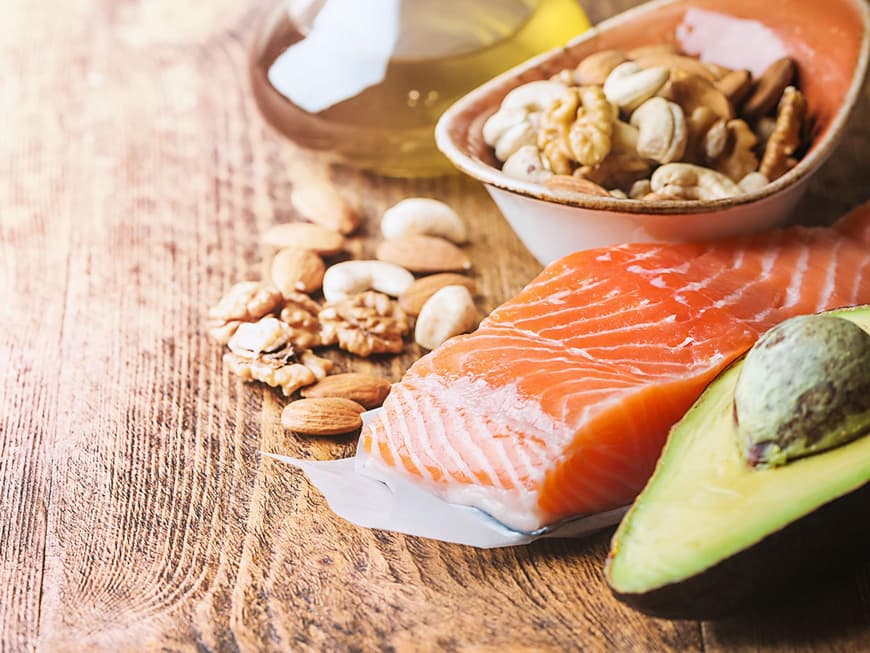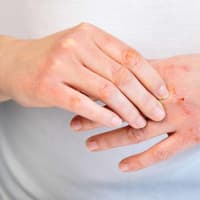
For many years, we only ate our sandwiches with a guilty conscience - unhealthy, the researchers warned. Saturated fatty acids! Clogs the arteries! Makes you fat! Not true, according to the latest findings. Fat is actually vital, it has now been proven. So should we go for chips and fries without remorse? Unfortunately, it's not that simple.
Saturated and unsaturated fatty acids
Fats are important. They stabilize cell walls and are a component of tissue, especially in the brain. Without fats, the body cannot produce hormones, without them it cannot utilize vitamins A, E, D and K, and it needs them for digestion. Fats consist of fatty acids. A distinction is made between saturated and unsaturated fatty acids. Saturated fats are found in dairy products and meat. They have now been rehabilitated: The body needs them, but not in huge quantities. A sandwich is perfectly okay.
Oil, nuts and fish
Vegetable oils, nuts and fish contain unsaturated fatty acids - which are healthy. They lower cholesterol levels and keep the veins supple.
Trans fats are unhealthy
They also exist. They are produced during deep-frying when originally healthy vegetable oil is hardened to make it greasy. Trans fats are found in almost all ready meals, industrial baked goods, chips, potato chips and frozen pizza. Trans fats have been shown to increase the risk of heart disease and stroke.
You might also be interested in this:
Lose weight with fat: The ketogenic diet
15 nutrition tips: What you should know about healthy eating
Why am I not losing weight?
Our vitamin requirements - how high are they really?






